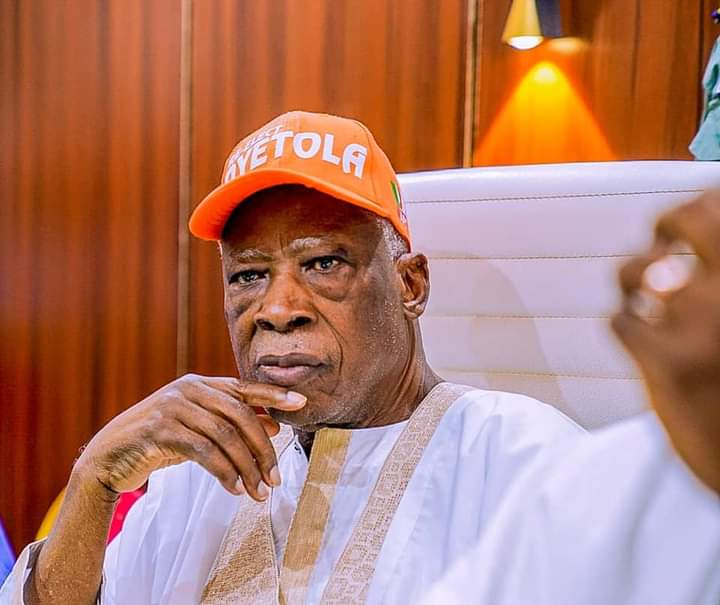FIJ
There have been more criticism than approval in the hours following news of the latest nominees to become judges at the Federal High Court.
According to Friday’s statement signed by Soji Oye, the Director of Information at the National Judicial Council (NJC), 23 candidates will become judges at the federal high court once President Bola Tinubu approves their appointment.
One of the candidates was Kayode Ariwoola, a son of Chief Justice of Nigeria (CJN) Olukayode Ariwoola. The older Ariwoola also chairs the NJC.
Critics have alleged that the judiciary has been biased and corrupt in its selection process.
Chidi Odinkalu, Professor of Practice in International Human Rights Law at Tufts University and former Chairman of Nigeria’s National Human Rights Commission, condemned the selection on Saturday.
“Judicial appointments in Nigeria have been reduced to a matrix of filial, transactional and genital relations. That is the major thing that qualifies many people now to get to the bench. The age in which merit, character and learning mattered is over,” Odinkalu tweeted.
Odinkalu had consistently criticised similar judicial appointments that appeared dubious in the past.
The Ebonyi State Judicial Service Commission, chaired by Chief Judge EA Ngene, approved the appointment of Lillian Adanna Ngene and Ijeoma Adaora Ngene as new magistrates alongside 12 others in May. They were Ngene’s wife and sister-in-law.
Legal experts have voiced their concerns about the repeated pattern of nominating family members to the bench as judges.
“The Federal Judicial Service Commission, State Judicial Service Commission and the Judicial Service Committee of the Federal Capital Territory shall comply with these Rules in their advice to the National Judicial Council for nominations or recommendations of candidates for appointment of Judicial Officers for the Superior Courts of Record under the 1999 Constitution of the Federal Republic of Nigeria (as amended),” states the first rule.
The following rules provide a step-by-step vetting process for prospective judicial officials. In the case of federal court candidates, the head of a federal court first sends a notice to the Chief Justice and the Chairman of the Federal Judicial Service Commission. The federal court head will state the number of judicial officers intended to be proposed for appointment.
Afterwards, a call for expression of interest by suitable candidates by way of public notice is placed on the website of the Judicial Service Commission concerned. The public notice is also sent to suitable courts and the Nigeria Bar Association (NBA).
A provisional shortlist is created, and those on the list must fill NJC Form ‘A’. This helps the judicial commission to ascertain if the candidates have the essential qualities needed for their office.



Connect with us on our socials: